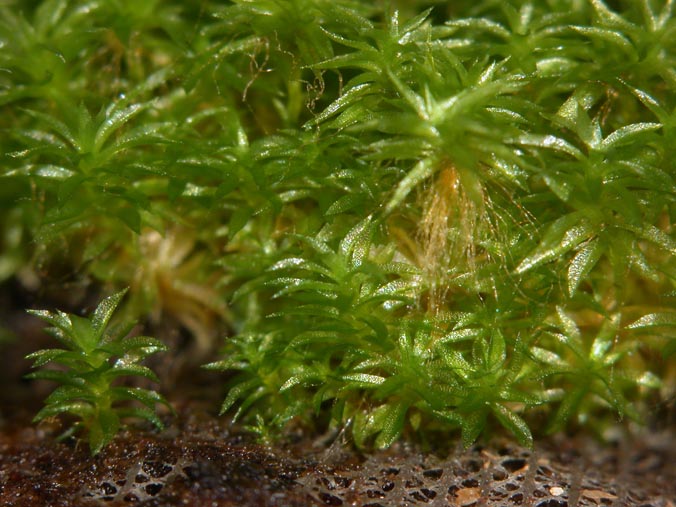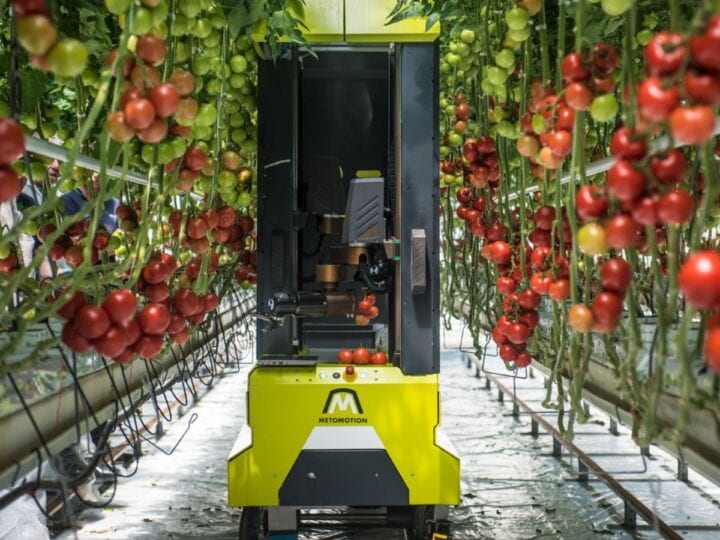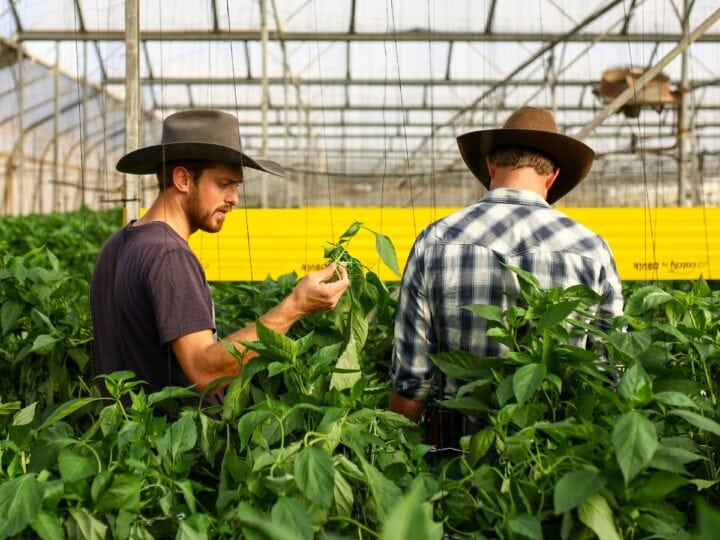Reproduction in humans, animals and many plants usually necessitates both female and male organisms. However, a new joint Tel Aviv University–Freiburg University study says its scientists have discovered a genetic trigger for the development of offspring without cross-fertilization in moss.
The research, recently published in Nature Plants journal, identifies and explores the master genetic switch for self-reproduction in the moss Physcomitrella patens.
According to the new study, the BELL1 gene triggers a pathway of genes that facilitate embryo development without fertilization to form fully functional adult moss plants.
“The knowledge gained from our research may help to modernize agriculture, allowing us to clone certain important plants and distribute their seeds to farmers,” said Prof. Nir Ohad, Director of the Manna Center Program for Food Safety and Security at TAU’s Faculty of Life Sciences.
Ohad co-led the study with Prof. Ralf Reski of the University of Freiburg. Other authors include Nelly A. Horst (University of Freiburg), Aviva Katz (Tel Aviv University), Idan Pereman (TAU), and Eva L. Decker (University of Freiburg).
“Moss possesses both egg cells and motile sperm, and as such, serves as a simple model plant to understand self-fertilization processes,” said Ohad. “Our results explain at the molecular level how asexual reproduction — known as parthenogenesis or apomixes — has evolved. In these processes, genetically identical plants are formed.”
The team pinpoints the gene BELL1 as the master regulator for the formation of embryos and their development in moss. “This gene was conserved in evolution,” said Ohad, a specialist in the epigenetic regulation of reproductive development. He helped identify the first BELL genes in seed plants 20 years ago as a member of a team led by Prof. Robert Fischer of UC Berkeley. “Our new findings may have implications for generating genetically identical offspring from high yielding crop plants.”
The scientists harnessed genetic engineering to activate the BELL1 gene in moss plants and observed embryos developing spontaneously on a specific cell type. To their surprise, these embryos grew to fully functional moss sporophytes. These spore capsules later formed spores, which grew into new adult moss plants.
According to the study, the protein encoded by the BELL1 gene belongs to the class of “homeobox” transcription factors. Similar homeotic genes are also present in humans and animals, where they also control pivotal developmental processes. Whether or not a congener of BELL1 is a master regulator of embryo development in humans remains unclear.
“Our results are important beyond mosses,” said Reski. “First, they can explain how algae developed into land plants and shaped our current ecosystems. Second, they may help to revive the concept of genetic master regulators in the development of plants, animals and humans.”
The study was supported by the German-Israeli Foundation, the Freiburg Excellence Cluster BIOSS and the Freiburg Institute for Advanced Studies. The scientists are carrying forward their research to identify the exact genes triggered by BELL1 to facilitate the formation of embryos without fertilization.
















